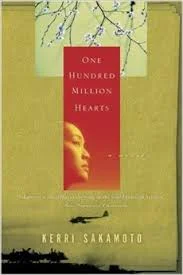Arturo Pérez-Reverte's “THE FENCING MASTER”
Book review by Dennis D. McDonald
It is 1866 in Madrid. The old regime is toppling as unrest hits the hot summer streets. Aging Don Jaime Astarloa goes about his business, teaching the children of upwardly mobile parents the ancient art of Fencing.
His students do not appreciate the rigor and nuance that Don Jaime insists upon. They treat him as the honor-bound anachronism that he admits to being. He is more interested in living up to an ascetic — and acerbic — personal code that demands honor, truth, and devotion to principle.
Don Jaime’s life is, however, moribund, and he knows it. He ekes out a living as a teacher. He spends hours every day in a local cafe listening to a motley group of ne’er-do-well artists and intellectuals argue the same political points over and over. He regularly sees a living-on-borrowed-time rich friend who also takes fencing seriously. And at night he goes home and tries to write the ultimate treatise on fencing that he seems to have been working on forever.
Then a mysterious young woman enters his life. She demands that he take her as a fencing student, a near-social-impossibility in male-dominated 19th Century Spain. After a test where she proves her mettle, he agrees to teach her — and Don Jaime’s life is changed forever.
So is the novel, which rapidly moves into a murder mystery that intertwines politics, passion, and swordplay.
It’s a fun read but below the brilliance of the same author’s THE CLUB DUMAS or THE SEVILLE COMMUNION. We learn something about fencing, but without a visual element there is a lot missing. The murder mystery is unexpected but not as engrossing as it might have been, partly because Don Jaime has spent so much time outside society looking in that he — and the reader — have no idea how to read the clues he is literally handed.
I’ll give it only 5 out of 10 stars. But I’ll also keep my eye out for another book by this author.
Also, I intend to bone up a bit about Spanish history; I visited that wonderful and important country recently and realized I know practically nothing about it.

